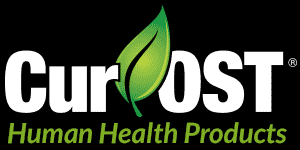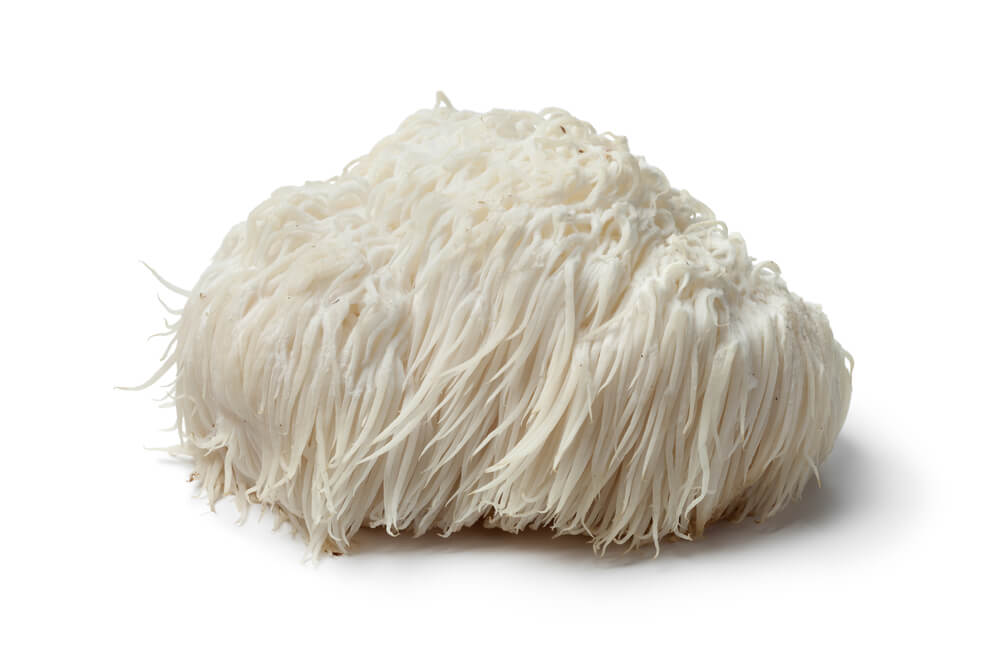Brain health and nerve function seem to be at the top of many people’s list when it comes to their health. Recent times have challenged our systems, creating marked anxiety and depression, which along with stress, can create havoc upon the nervous system and brain function. Lion’s mane is a unique mushroom which hosts many remarkable benefits, one of which is protecting and potentially rebuilding nerve tissue and brain function. In fact, Lions’s mane is viewed as a potent nootropic medication, used by many to help maintain and support brain function. Let’s dive into this very interesting mushroom.
Lion’s mane (Hericium erinaceus) is a unique mushroom and one that I personally discovered only a few years back, despite it being well known in the alternative medicine world. At that time, I was seeking further supporting herbs to benefit my equine or horse patients with various neurological conditions, including a parasitic infection of the central and peripheral nervous system, called EPM.
The nervous system, which includes both our central and peripheral nervous system, is unique to other organ systems in that blood circulation is somewhat restricted and therefore beneficial medications, including herbs, are limited in their actions. The nervous system is also unique in that we have believed that it cannot restore itself or create a state of repair. This is being shown to be false in recent times with research on mind-body medicine and neuroplasticity. In truth, it quite fascinating.
I had known about medicinal mushrooms for a couple of decades, using them in therapy regimens and even myself to support digestive health and immune function, along with energy production and cellular health. These attributes are generally true of most medicinal mushrooms, but as we get down to exact species differences, they become unique above and beyond these general benefits. Lion’s mane or Hericium erinaceus can claim general benefits such as supporting and enhancing immune health, digestive health, and even energy, but it stands above the others when it comes to brain and nerve health.
Lions’ Mane: Brain and Nerve Restoration?
All medicinal mushrooms contain within them potent beta-glucans, which are sugar molecules or polysaccharides. These sugar molecules are what are responsible for various benefits to our digestion and immune health. The beta-glucans are consistently present, but the precise structure of these beta-glucans can vary from one medicinal mushroom species to the next. Thus, benefits can vary outside of the generally perceived digestive and immune support. Lions’ mane (Hericium erinaceus) contains beta-glucans and other beneficial compounds including hericenones, erinacine terpenoids, isoindolinones, sterols, and other nutrients.
Lions’ mane has been used in ancient cultures to support brain health, memory, and thinking ability. It has been used to clear the mind and open channels used for meditation and pure focus. Lion’s mane has also been used in wound repair support, especially when nervous tissue is involved including brain and spinal cord trauma. This is how Lion’s mane has been traditionally used and recently, research is shedding light on WHY it has been used this way.
Lions’ mane has been shown in research to have anti-inflammatory ability, which many medicinal mushrooms contain, but in addition, Lion’s mane is able to stimulate nerve growth factor expression and nerve regrowth. Lion’s mane has been shown to have neuroprotective activity, which means that it literally can protect nerve cells from damage from either physical or chemical insults. Lion’s mane has also been demonstrated to stimulate nerve growth factor, which means that it can encourage regrowth and repair of nerve cells, axons or dendrites, along with potentially improving nerve sheath or myelin formation. (1)
Lion’s mane has also been demonstrated in studies to improve both short-term and long-term spatial and visual memory function. This benefit is of value in Alzheimer’s patients, in which Lion’s mane has been shown to improve both memory in those patients and reduce plaque formation, which is the cause behind the condition being linked with chronic inflammation. Additionally, Lion’s mane has been shown to be beneficial in Parkinson’s patients by reducing oxidative stress and improving dopamine response. (1,2,3)
In animal models, simulating nerve crush syndrome, the administration of Lion’s mane helped to improve the recovery rate, stimulated nerve regrowth and a return to function. This benefit could be extremely valuable to those with conditions such as carpal tunnel syndrome, sciatica, spinal injuries, restless leg syndrome, and even diabetic neuropathy. (1,4)
Lion’s Mane; Truth or Fiction?
Research is there for a reason and that is to demonstrate what is possible. Things do not always pan out the way they are described in research models and this is true both for herbs and medications. There are reasons for this and the number one reason is that research models are like being in a vacuum, meaning that many contributors are controlled. This is not true for our lives, UNLESS, you make it that way. There are many contributors as to why our brains begin to loose function over the years, why our memory fades, and why we may be prone to conditions including Alzheimer’s and Parkinson’s disease. Can you control all those factors? Yes and no to an extent. There are many things that you should recognize as being key players, such as your diet, lack of exercise and the presence of stress, and alter them. That is a fact and no medication or herb is going to counteract a poor lifestyle or lack of looking after your body properly.
Can Lion’s Mane really help when it comes to nerve function and brain health?
Personally, I can say from my own experience that ‘yes’ it really can and it has in my hands. I take it daily as part of my herbal regimen and when I forget to take it, my mind will demonstrate the deficiency. Additionally, in our equine patients with neurological disease, using Lion’s Mane as part of their regimen has tremendously enhanced the response rate, often restoring horses when all other efforts from the world of medicine have failed.
There are a few things to keep in mind when it comes to Lion’s Mane, which are true for any herb.
First, time is needed for any herb to do it’s job and assist in the body’s repair. Generally speaking, any herb should be allowed at least 4 months or 16 weeks to take effect and create change. This is true for anything, even a medication. We wouldn’t expect a change in a diet to take effect overnight, right? Well, the same for an herb. Even a lifestyle change requires time, so give it time as long as there are no side effects.
Second, there is often synergism or an enhanced effect when we combine similar herbs. When it come to brain health and nerve function there are many herbs that you can combine with Lion’s Mane. One key formula is the Cur-OST HU Pure, which contains Curcumin, Boswellia, and other nootropic herbs such as Bacopa and Ashwagandha. This is a very nice formula for overall health, not to mention stress and brain health. Combine it with Lion’s Mane and benefits could get even better. Other herbs include Gotu Kola (Centella asiatica), which by itself is a wonder herb for stress, anxiety, and nerve function. If you really want to get serious, research exogenous ketones (Cur-OST HU BHB) and their impact on nerve and brain function. Quite a fascinating approach there which could be combined with others.
Is Lion’s Mane safe? The short answer is ‘yes’, but as with anything, allergic sensitivities can and will vary from one individual to the next. Be aware when you are taking any herb or medication, keeping an eye out for any reactions which may create discomfort, then discontinue if noted and see if those reactions go away. My personal experience indicates that Lion’s Mane is very safe, as are most medicinal mushrooms.
If you are experiencing any concerns when it comes to your brain health or nerve function, I encourage you to incorporate Lion’s Mane into your regimen.
Get Your Lions’ Mane! Cur-OST HU Silver Lion’s Mane.
Author: Tom Schell, D.V.M, CVCH, CHN
References:
- Spelman K et al. Neurological Activity of Lion’s Mane, Journal of Restorative Medicine, 2017:6
- Yang P et al. Hericium erinaceus mycelium exerts neuroprotective effect in Parkinson’s Disease, Journal of Drug Research and Development, 2020, vol 6:1
- Ratto D et al. Hericium erinaceus improves recognition memory and induces hippocampal and cerebellar neurogenesis in frail mice during aging. Nutrients, 2019, 11;715
- Wong, K et al. Peripheral nerve regeneration following crush injury to rat peroneal nerve by aqueous extract of Hericium erinaceus, Evidence Based Complementary Medicine, 2011


